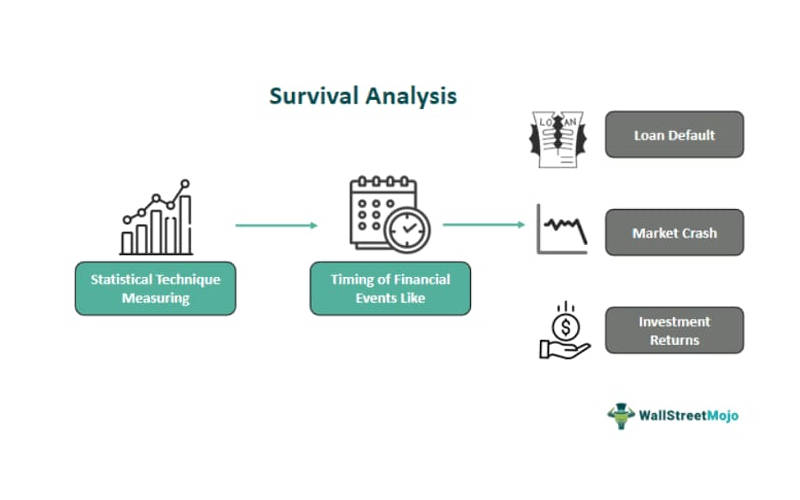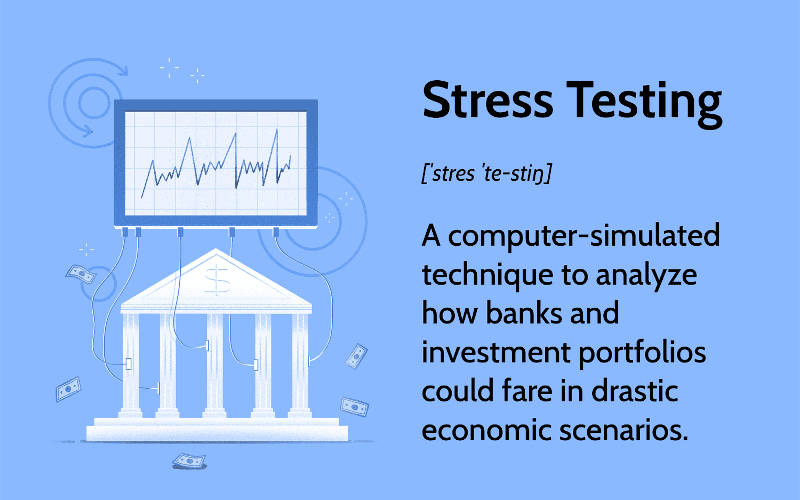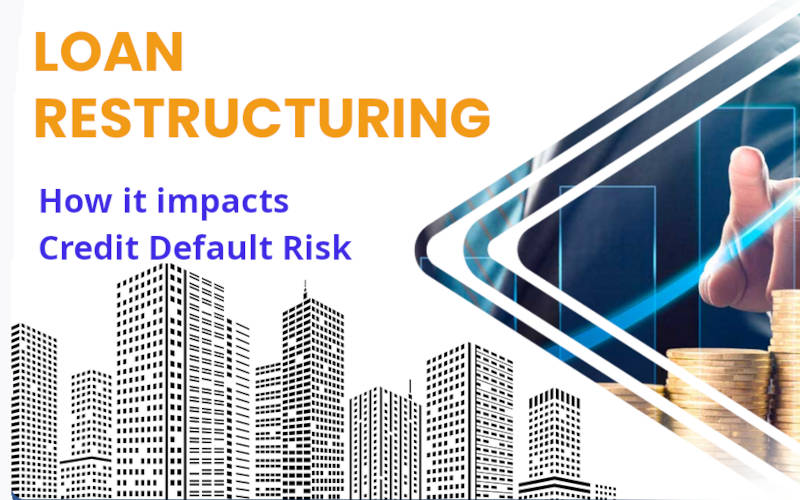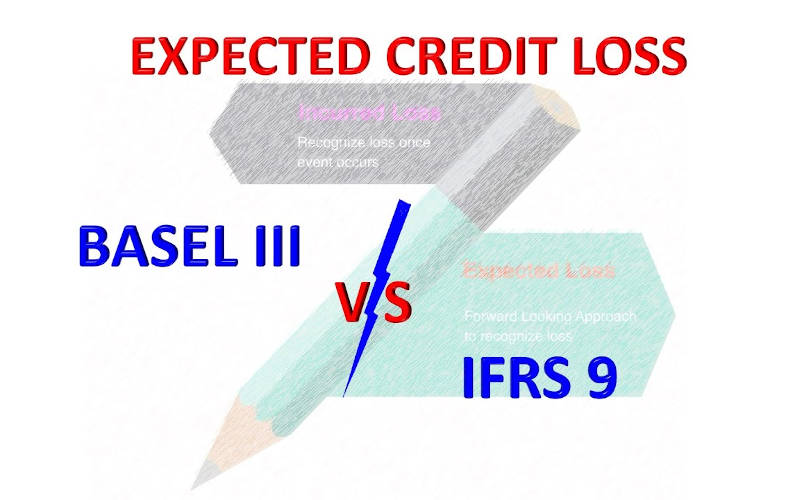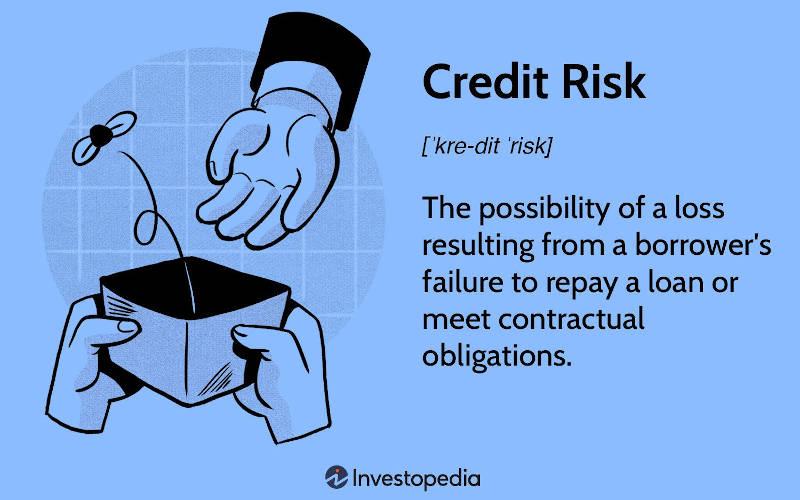Survival Analysis in Banking
Survival analysis is a branch of statistics originally developed for analyzing time-to-event data. It has substantial application in various fields, including medicine, engineering, and economics. In recent years, survival analysis in banking has become immensely popular in this sector due to its ability to provide insights into customer behavior, risk management, and the overall financial […]
Survival Analysis in Banking Read More »
